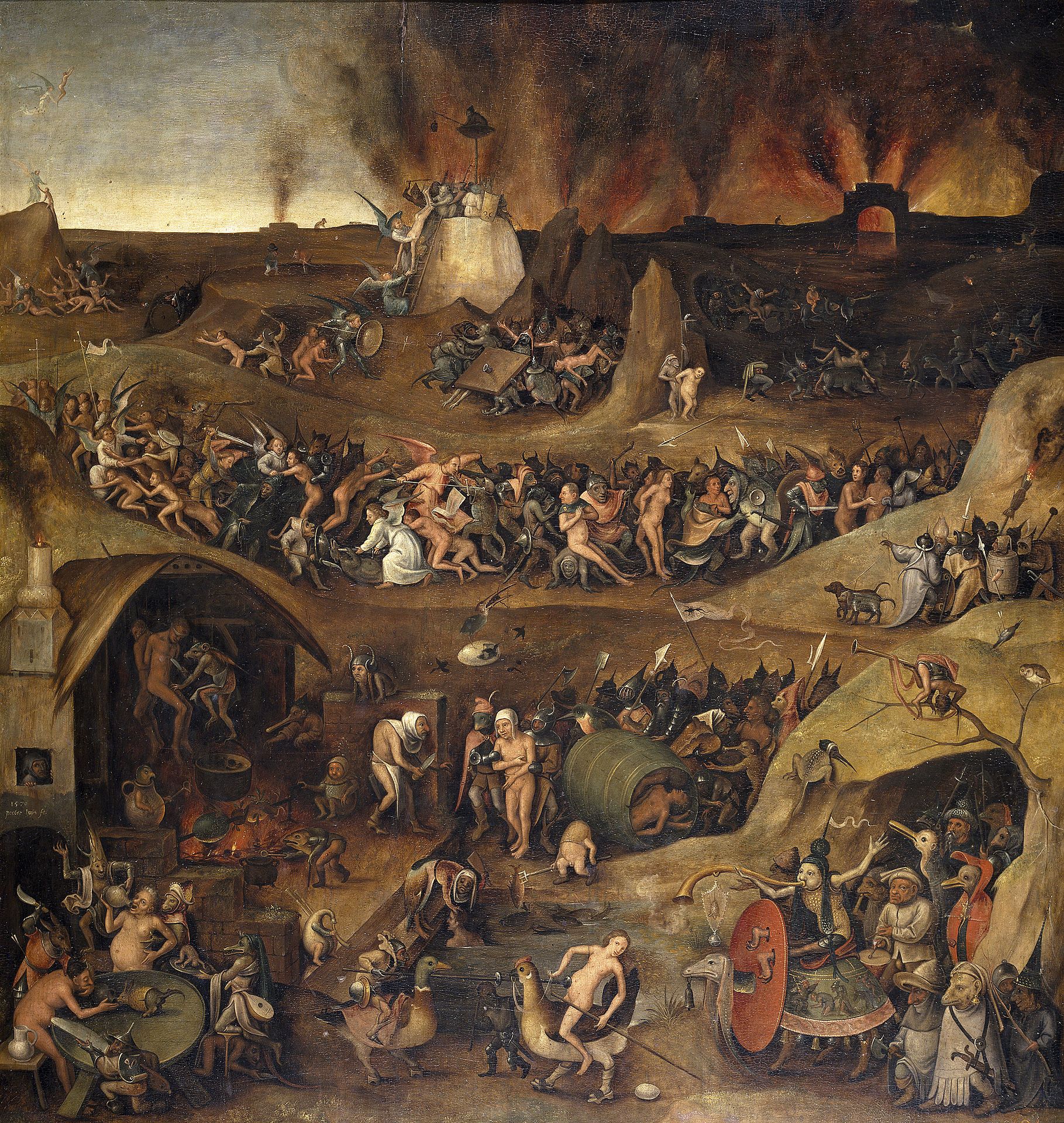On the Practical Necessity of Having Demons Instructor: Reza Negarestani Date & Time: Wednesdays, May 6, 13, 20, 27, June 3, 10, 17, 24, July 1, 8, 15, 22 1 - 3:30 PM ET

DESCRIPTION: From myth to philosophy, from ancient scripts to modern literary works, the problem of evil have preceded by demons as limited cases of vices and by the same token virtues. For precisely, the demonic does not signify the essence of evil but elaborates evil by way of its contextual unfoldings and consequences both in thought and practice. A demon, in this sense, highlights the nebulous outer rims of a thinking and practicing self, the moment when the self ceases to be a self—a mechanical shadow of what can possibly be said or done regardless of any intervention by the conscious ego. The demon is thus another name for the blind will to live, simultaneously displaying its myriad of possibilities, but also its murderous will to kill. This three-credit seminar is a historical survey of the fascination with demons as spiritual matrixes. Each session will focus on a case study borrowed from myths, anthropology, western and eastern religions, ethics and literary fiction. We shall begin with the birthplace of the legion in the fertile crescent only to land at the doorsteps of Dostoevsky and Nietzsche, Demons and Beyond, Good and Evil.
Image: Pieter Huys, The Inferno, 1570
To see The New Centre Refund Policy CLICK HERE.
To see The New Centre Refund Policy CLICK HERE.